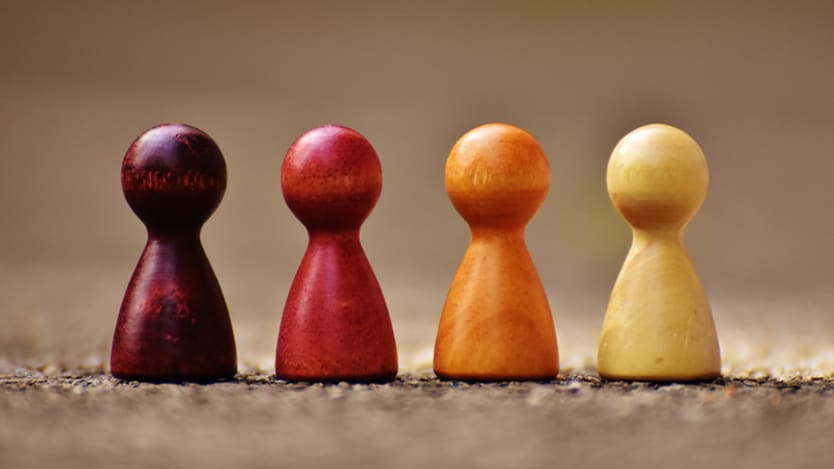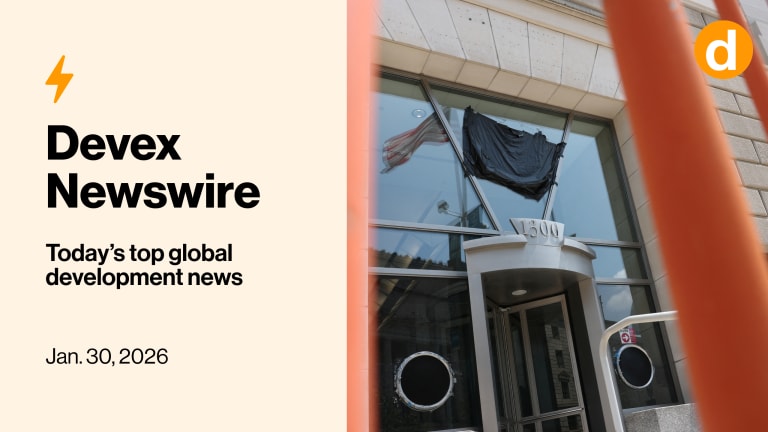
LONDON — Experts at the Bond conference in London have called for better representation in the aid sector to truly drive forward inclusive development.
Research shows that only 32 percent of charity CEOs are women and just 3 percent are from black, Asian, and minority ethnic backgrounds. There is little data available on the representation of LGBTQ people and those with disabilities within development organizations.
“There aren’t enough women for sure, but there aren’t enough young people, there aren’t enough marginalized communities, there aren’t enough local actors [represented],” said Nasra A. Ismail, deputy director of the Somalia NGO Consortium. “We have many, many groups that are not represented in the space that we would like, ultimately, to shape the policies and the work that we do in the NGO sectors.”
Without diversity in the workforce, programs themselves are unlikely to be inclusive, explained Abhina Aher, trans activist and associate director at India HIV/AIDS Alliance.
“In many development organizations, you’ll see these individuals are not given an opportunity and that’s the problem; that’s where it starts because you’re trapped in a vicious cycle,” she said, adding that positive role modeling is key in ensuring people are reached with services such as health care, education, and clean water. “Once you have visibility, a lot of people come forward to access the support and services they require,” she said. Aher suggested embedding inclusion for trans groups into HR policies, making sure they are able to report issues such as stigma or discrimination.
More from the 2019 Bond conference:
► 'Chill out' about DFID merger rumors, says Mordaunt
► Aid community must go back to its roots, says Maina Kiai
► Mordaunt pledges more funding for small and specialist NGOs
Similarly, if a development or humanitarian organization doesn’t have sufficient female staff at the field level, they won’t be able to sensitively gather the views of girls and women or respond to those in their programming, explained Gabriella Pinto, a gender equality advisor at Plan International UK.
Ismail, who has worked to balance the board at the Somalia NGO Consortium, said personalizing an argument for increased gender equality can also help. She explained to her board that she could be more impactful if other women were at the table. “I tried to put myself in the middle and say ‘I want to have a balanced board for a number of reasons: yes it’s good to have, I believe in that, that’s my value, but it also makes my job a lot easier. There’s a leadership benefit to it for me’,” she said.
Looking at how jobs are advertised is another way to tackle a lack of diversity in the sector. Sometimes there is a specification that to be on a board or to be a trustee, a person has to have leadership experience or be seen as a voice of authority on an issue, which may immediately eliminate women, explained Ismail. By eliminating that request, in the consortium's case, allowed inclusion to happen more naturally, Ismail said.
“Lets stop having conversations about what’s wrong with the system and just make the decision: Bring more women in. Finished, that’s it,” Ismail added.








